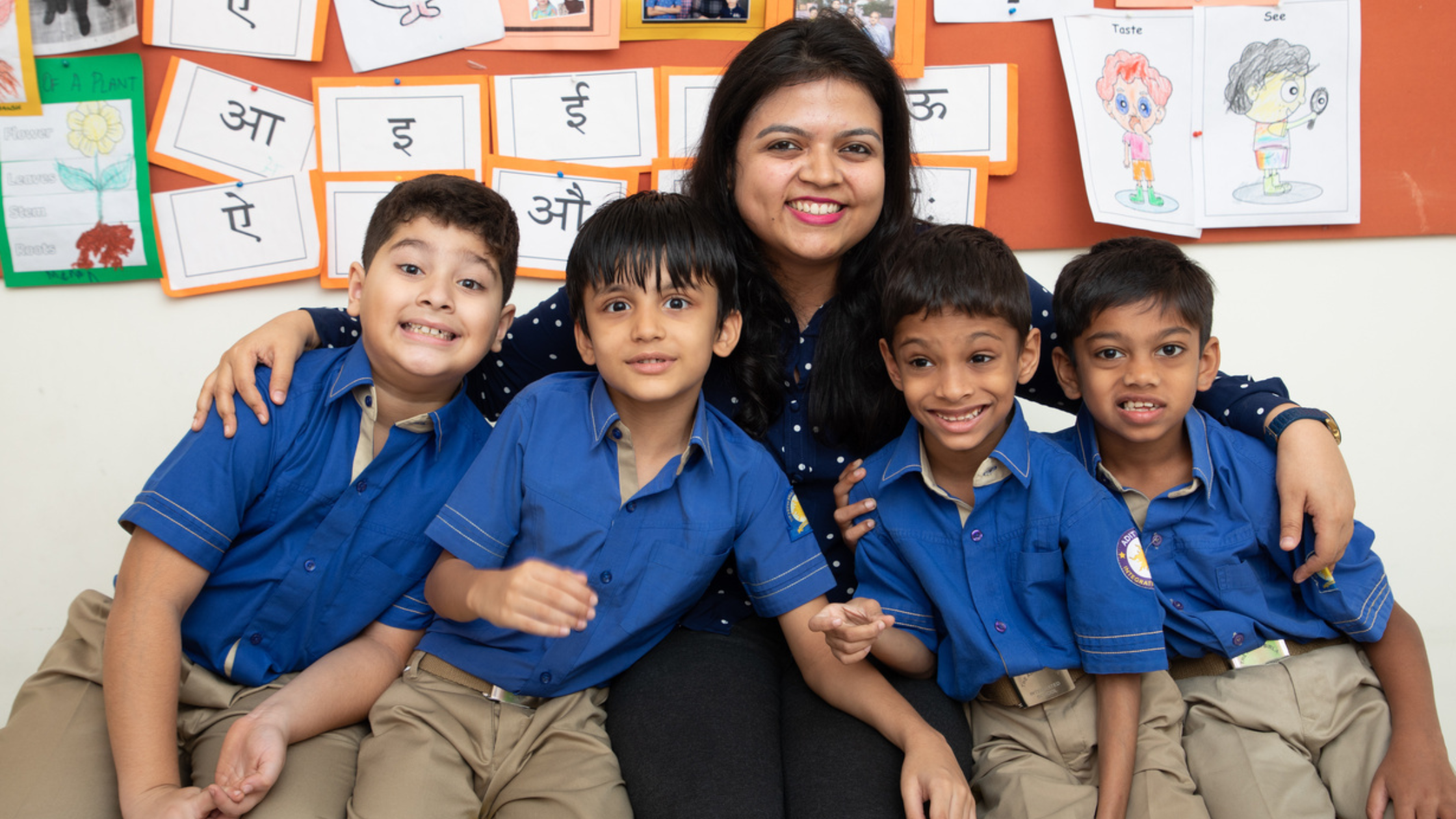

Special needs students in education programs often face unique challenges. They require tailored approaches. In Mumbai, special learning schools are vital. They meet special children’s needs. They ensure kids get the support and stimulation to thrive. The goal is to help special needs students excel, both academically and personally. By understanding their needs and using the right strategies, we can help these students reach their potential.
Gifted students have exceptional abilities and talents. They often excel in specific areas, far above their age peers. These students can have diverse profiles. Some may be twice as exceptional, with both giftedness and learning disabilities. They often face challenges in regular classrooms. These include boredom from a lack of challenge, social isolation from peers who don't share their interests, and frustration that can cause behavioural issues. Recognizing and addressing these unique needs is essential for their development.
A gifted student with ADHD might struggle with traditional methods. But, they might excel in a flexible, hands-on learning environment. Gifted students often have advanced reasoning and creativity. They also have a strong interest in specific subjects. However, they may struggle with asynchronous development. Their intellect is far ahead of their emotional and social skills. This can lead to difficulties in forming peer relationships and managing emotions. Educators and parents must understand these complexities. They must support gifted students in their educational journey.
Identifying gifted students in special education is challenging. The student population has diverse needs. Many special needs students may hide their abilities to fit in. This is due to coexisting disabilities. So, it's vital to balance curriculum needs with individual ones. This will foster a productive learning environment. This includes adapting teaching methods, providing enrichment, and ensuring support.
In special needs education, the focus is on students' disabilities. This can overshadow their giftedness. Special needs school teachers must be trained to support special needs students. Their abilities may not be evident. Standardized tests and traditional assessments may miss some student talents. So, it's important to use various tests and observe students in different contexts.
Tailoring activities for gifted students in the regular classroom is essential. Educators can use differentiated instruction. It gives students different ways to learn, often in the same classroom. Implementing individualized education plans (IEPs) and incorporating advanced learning opportunities can help meet their unique needs and keep them engaged. For instance, offering project-based learning, independent study projects, and opportunities for acceleration can be highly beneficial.
Teachers can make the classroom more stimulating. They can use higher-order thinking activities. They can encourage creative problem-solving. And, they can allow student-led learning. Flexibility in the curriculum is crucial. So is the ability to pace learning to the student's needs. Also, mentorship opportunities can enhance gifted students' learning. They can work with experts in their field of interest.
Classroom activities for gifted students can include:
·
project-based
learning,
·
advanced
problem-solving tasks, and
· technology and online resources.
These activities help stimulate their intellectual curiosity and promote deeper learning. For example, activities could include coding, scientific research, creative writing, and arts projects. Providing access to advanced materials and encouraging participation in competitions can also foster their talents.
Real-world apps and cross-disciplinary projects can make learning more relevant and exciting. They would engage students. Students tackle local environmental challenges head-on, researching issues and crafting solutions. They then present their findings to community leaders. This hones their collaboration, communication, and critical thinking skills. These hands-on projects stretch young minds while fostering real-world problem-solving abilities. Environmental science comes alive through practice. It empowers students to impact their communities. Having gifted students lead group projects can boost their confidence and social skills.
Encouraging parents to support their gifted children is vital. Parents and educators must work together. This gives students the same support at home and school. It helps their overall development. Parents can help by setting educational goals, providing enrichment activities, and advocating for their child's needs. Regular communication between parents and teachers helps monitor progress and address emerging issues.
Parents can help nurture their child's talents. They can do this by offering access to extracurriculars, like music lessons, sports, or art classes. Also, a stimulating environment at home with books, games, and tech can boost their child's learning. Parents should also be mindful of their children's social and emotional needs. Parents should help kids find friends with similar skills and passions. Support groups for parents of gifted kids offer resources and a community.
A (Identification changed), a student at our junior college, had autism at a young age. Vrushab faced big social and communication challenges. However, he excelled in accounts and business studies. His journey from a special needs student to a US graduate shows the power of tailored support. It also shows the resilience of gifted students.
Gifted education in special needs schools has a bright future. Tailored programs and strategies are being implemented. We must keep researching and refining gifted education. All students, regardless of their abilities, need support to succeed.
Going forward, collaboration among educators, parents, and the community is key. It will create an inclusive, supportive school for all students. We can help gifted students achieve their dreams. By nurturing their unique abilities, they can make great contributions to our world.